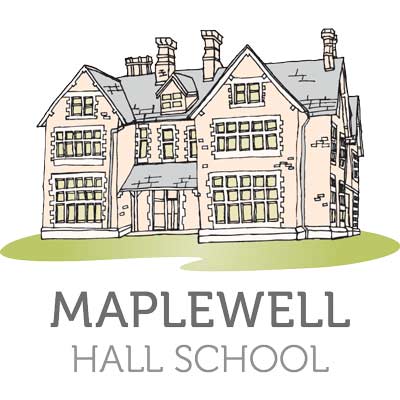The school’s Career Programme prepares your child for work and study after Maplewell. It helps them get ready for the next stages in their life. For your child this is likely to be:
- Further Education; or
- An Independent College like the RNIB or Holmefield.
Your child may leave Maplewell and go straight into work, or they may go into work after completing a college course.
Your child may go into work by:
- Volunteering;
- Becoming a trainee or apprentice;
- Working Part-time;
- Working Full-time.
To go into any kind of work, your child will need to:
- Have had some experience of work;
- Be prepared for transition into college, training or work;
- Have good essential skills;
- Be able to take part in business and enterprise activities.
Your child will learn to do some of these things in P4A lessons. Your child’s P4A teacher will help them create or update their Career Roadmap in time for your annual review. You will get to see their Career roadmap at their annual review. The Career Roadmap will help your child explain to all the adults at their annual review exactly what their aims and aspirations for the future are. Your child’s P4A teacher will help them by making sure that:
- They have thought about what they want to do when they leave school;
- They can write and update a CV;
- They can complete an application form and interview;
- They can use your research skills to find out about college and work.
Your child will learn other things about the world of work and further education from their tutor. Their tutor will make sure that your child:
- Has had some experience of work by the end of Year 11;
- Has had some more experience of work in year 12 and 13;
- Can use all 8 of the Essential Skills;
- Has good attendance;
- Arrives ready to learn with all the right equipment; and
- Arrives on-time and well-prepared for work and learning.
All of your child’s teachers in every subject will make sure that:
- They have learned about jobs related to each subject;
- They can take part in activities with employers and employees;
- They know how business works, and can take part in enterprise project.
In every subject your child will also be taught the 8 Essential Skills that they will need to be good at when they go to college or into work. The 8 Essential Skills are:
- Listening;
- Presenting;
- Problem Solving;
- Creativity;
- Staying Positive;
- Aiming High;
- Leadership; and
- Teamwork.
The government have produced new guidance on careers. By September 2020, you can expect:
- To be given or shown where to find up to date career and labour market information to help you and your child make informed choices about work and study options;
- To be given an accurate record of your child’s careers and enterprise experiences;
- Your child’s tutor to be able to tell you their progress towards the 8 Essential Skills;
- Your child to meet and visit employers and employees as part of their learning in every subject;
- Your child to have at least one meaningful encounter with an employer every year that they are in school;
- Your child to have had a meaningful experience of a workplace by the end of year 11. This might be an experience of the school as a workplace, a workplace visit, work shadowing, or as a short-term work experience;
- Your child to have had a meaningful experience of a workplace in years 12 and 13. This might be work-shadowing, a short-term or extended work experience, an internship or holiday placement, by volunteering or through part-time work;
- Your child to have had a meaningful encounter with sixth form colleges, with apprenticeship providers (including higher level apprenticeships), with FE colleges, with independent training providers, and with at least two universities;
- Your child to have had an interview with a professional and impartial careers adviser by the end of year 11;
- Your child to have had at least two interviews with a professional careers adviser by the end of year 13.
We are working very hard to make sure all of these things are in place by September 2020. Some of these things are in place already.
In return we expect that you will:
- Help your child with their future work and study decisions. This might include attending parents’ evenings and annual reviews, or by visiting colleges;
- Ensure your child attends school as often as possible;
- Make sure your child comes to school with the correct equipment;
- Set high expectations for your child’s future study and work; and
- Support the school’s career programme events.
